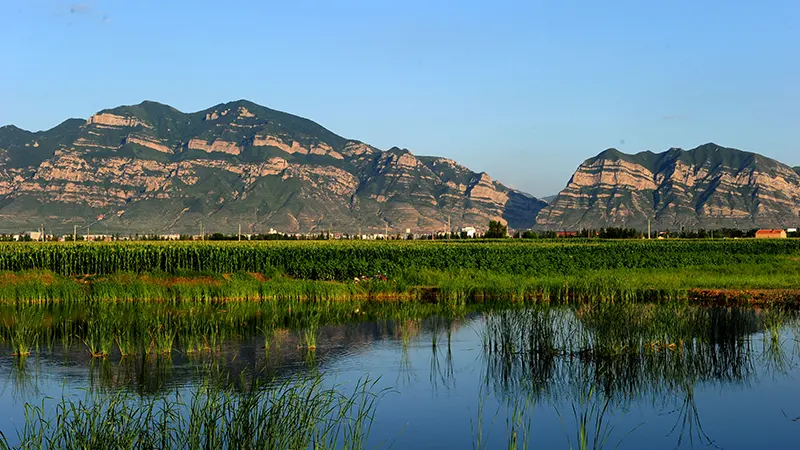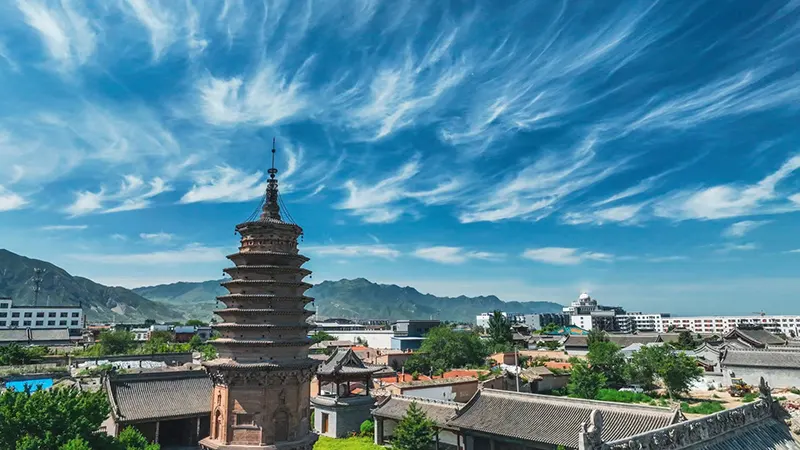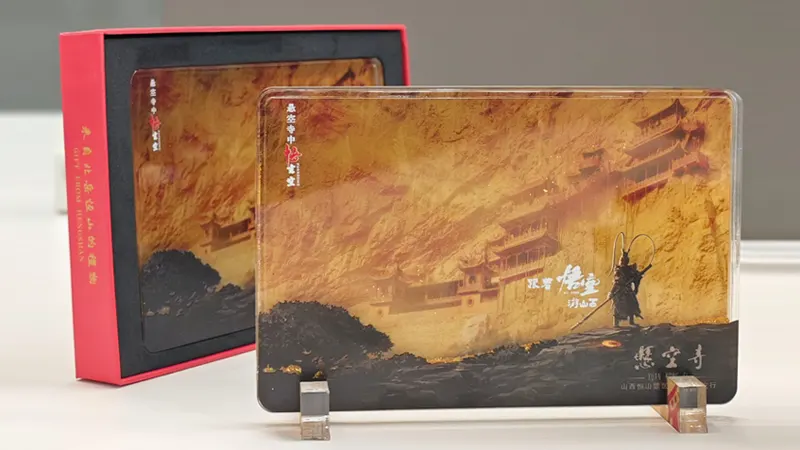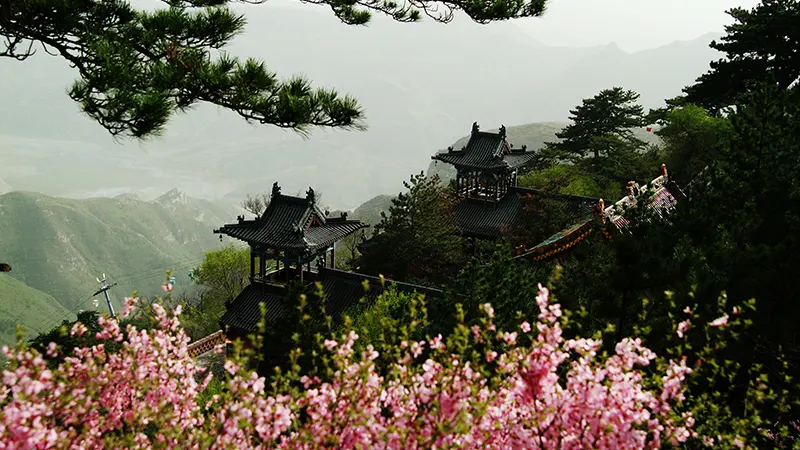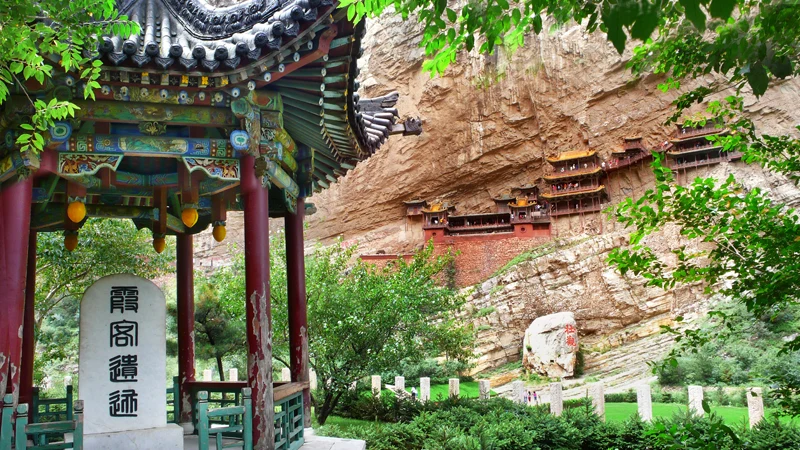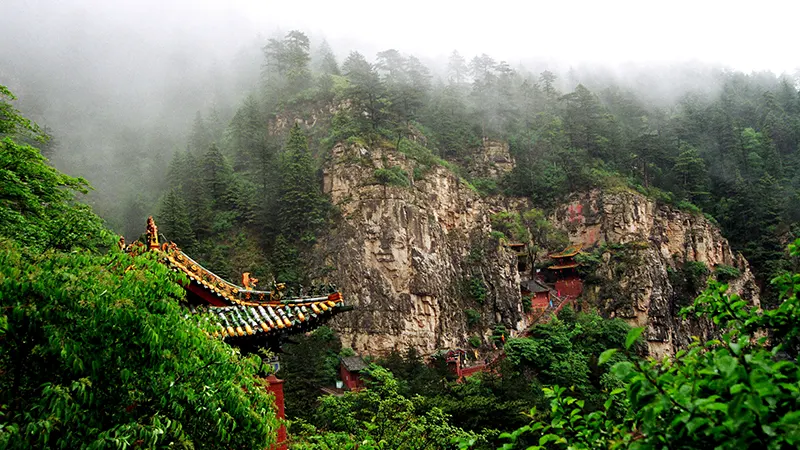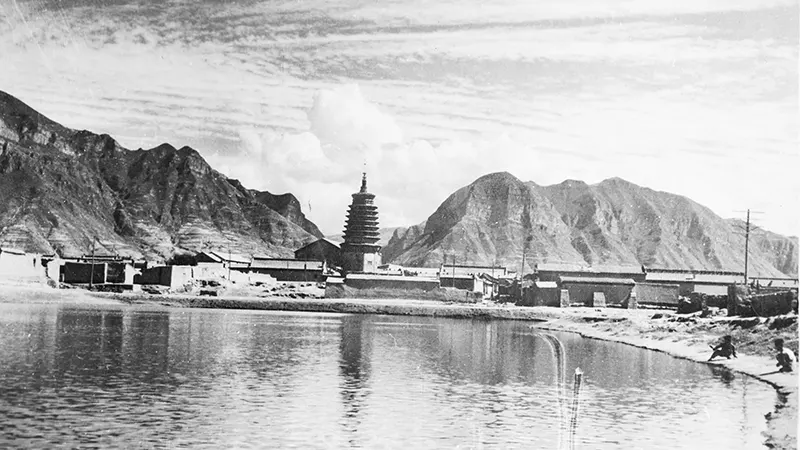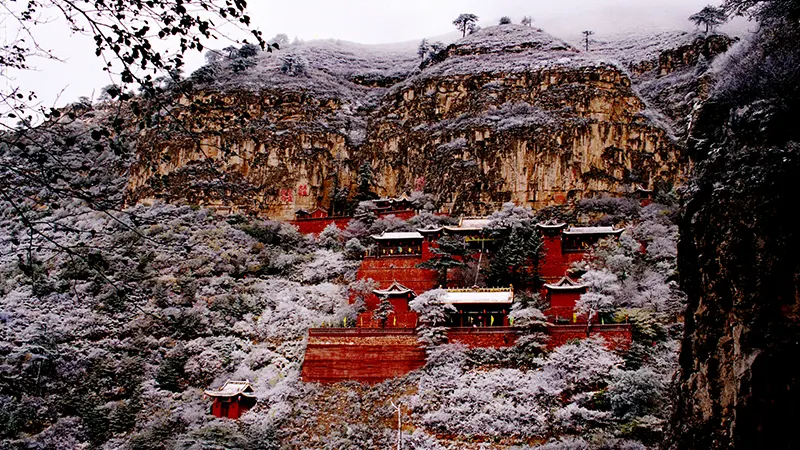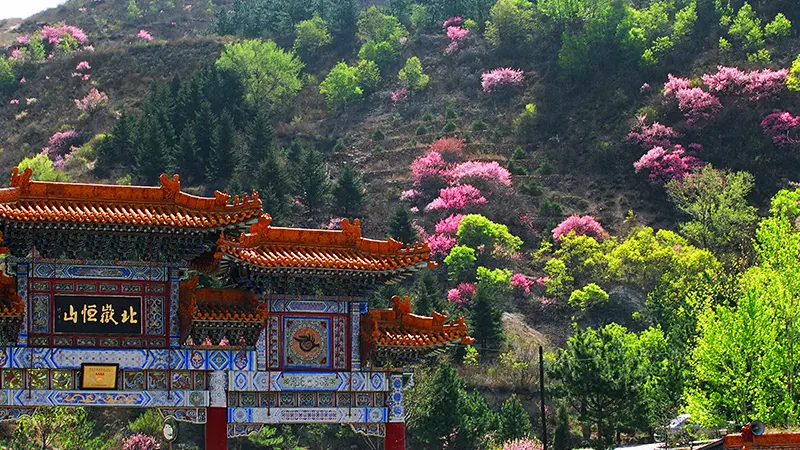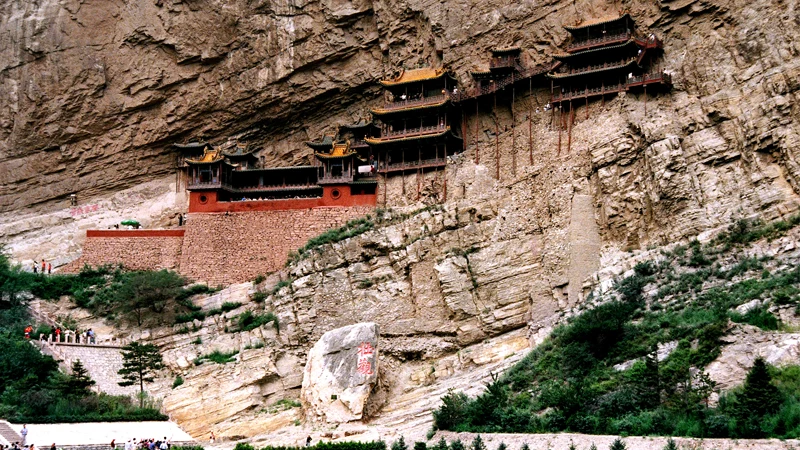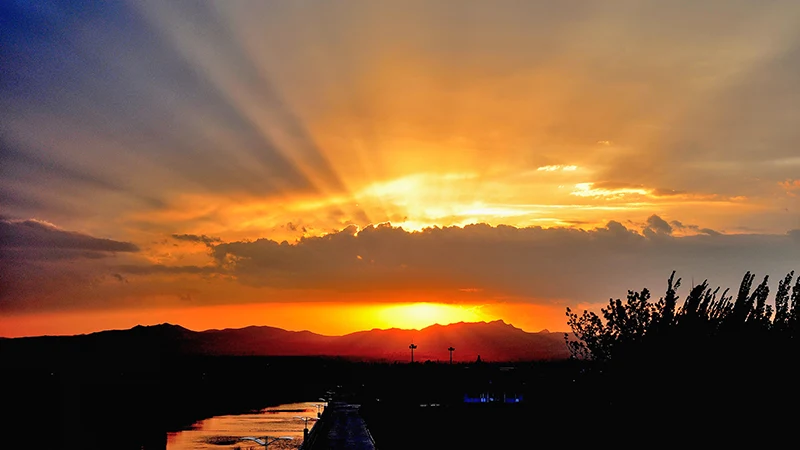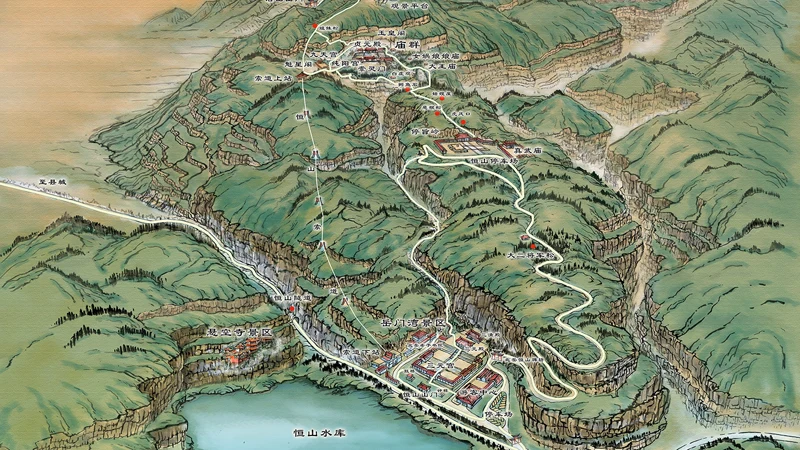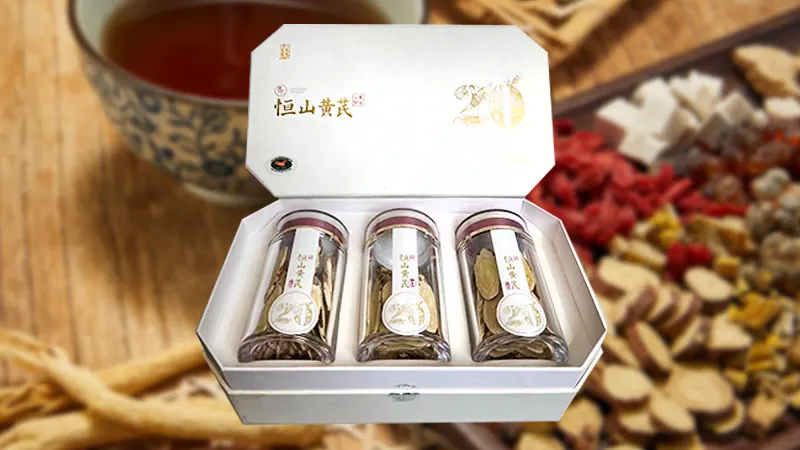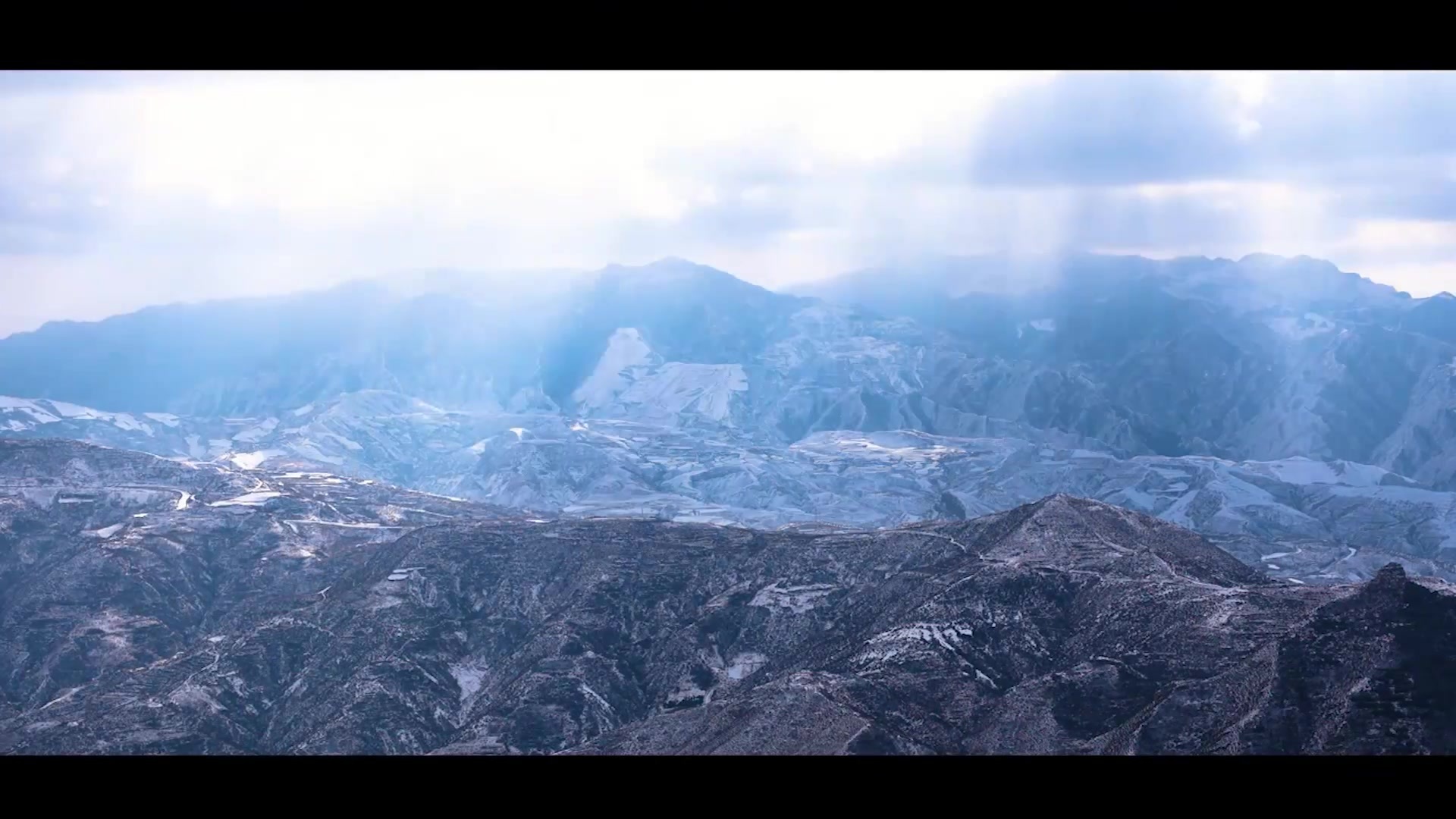Why do people from Taiwan and other places overseas travel thousands of miles to Hengshan Mountain to trace their roots and worship their ancestors?
Publish Time:
2025-03-14 16:34
Source:
If you observe carefully for a long time, you will find a strange and puzzling phenomenon in Hengshan Mountain, Hunyuan County: every year, a large number of tourists from Taiwan and other places overseas visit, and their devout worship at Hengshan Mountain is truly admirable.
If you observe carefully for a long time, you will find a strange and puzzling phenomenon in Hengshan Mountain, Hunyuan County: every year, a particularly large number of tourists from Taiwan and other places overseas come here, and their devout worship at Hengshan Mountain is truly impressive. Even today, many temples and palaces at Hengshan Mountain, such as the Jiutian Xuannv Temple, still display plaques specially dedicated by them. So what is going on? Let me explain in detail.
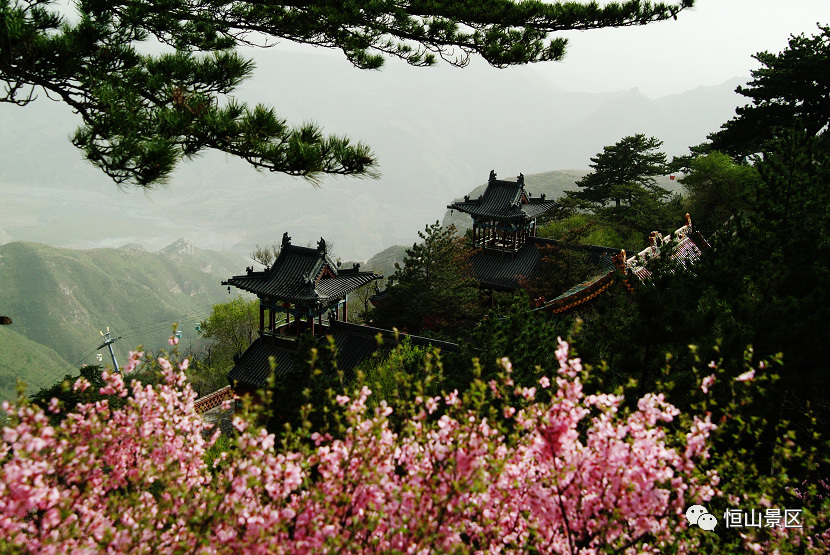
An ancient saying goes: "The great affairs of a nation lie in sacrifice and warfare." (Zuo Zhuan, Duke Cheng, Year 13) Sacrifice is not only a major event for the nation, but also a very important matter for the common people. No matter where you go in China, the various temple fairs and folk sacrificial activities throughout the year are the liveliest and most grand folk cultural activities in the local area. People in Taiwan are deeply immersed in Chinese culture, and their affection for their ancestors is quite intense. The famous Taiwanese poet Yu Guangzhong wrote in his poem "Nostalgia": "When I was a child, nostalgia was a small stamp, with me on one side and my mother on the other. Growing up, nostalgia was a narrow boat ticket, with me on one side and my bride on the other. Later, nostalgia was a low, flat grave, with me on the outside and my mother inside. Now, nostalgia is a shallow strait, with me on one side and the mainland on the other." The devout from Taiwan travel thousands of miles across the shallow strait to Hengshan Mountain to worship and offer sacrifices, also to comfort their deep and unbreakable homesickness. Their visit to Hengshan Mountain, this Chinese "national mountain," to worship their ancestors and trace their roots is to commemorate the ancestors and immortals of China, such as the Great Emperor of the Northern Mountain and Jiutian Xuannv, on Hengshan Mountain in Hunyuan County.
The Three Sovereigns and Five Emperors are the common ancestors of the Chinese nation. The Three Sovereigns era dates back to 4,000 to 7,000 years ago or even earlier; the Five Emperors era is not far from the Xia Dynasty, about 4,000 years ago. There are various accounts of the Three Sovereigns and Five Emperors. They are: the Yellow Emperor, Zhuanxu, Di Ku, Yao, and Shun (The Great Dai Ritual); Pangu, Shennong, the Yellow Emperor, Yao, and Shun (The Book of States); Taihao, Yandi, the Yellow Emperor, Shaohao, and Zhuanxu (The Lüshi Chunqiu); the Yellow Emperor, Shaohao, Zhuanxu, Di Ku, and Yao (Comprehensive Mirror to Aid in Governance-outlines); Shaohao, Zhuanxu, Di Ku, Yao, and Shun (the forged Shangshu Preface); the Yellow Emperor (Xuanyuan), the Azure Emperor (Fuxi), the Red Emperor also called Yandi (Shennong), the White Emperor (Shaohao), and the Black Emperor (Zhuanxu) (Five Directional Emperors). Because of the high status of the classics, later historical records mostly adopt the fifth combination of "Shaohao, Zhuanxu, Di Ku, Yao, and Shun." Although the six accounts differ somewhat, they all invariably include Zhuanxu, showing that Zhuanxu is indeed universally recognized as one of the ancient Five Emperors.
Zhuanxu was the grandson of the Yellow Emperor, of the Ji surname, and one of the ancestors of Chinese civilization. His father was Changyi, the second son of the Yellow Emperor, who was enfeoffed in Ruoshui. Changyi married Changpu, daughter of the Shushan clan, and gave birth to Zhuanxu. The Classic of Mountains and Seas records: The Yellow Emperor's wife, Leizu, gave birth to Changyi. Changyi made a mistake and was relegated to Ruoshui in the lower world, his son being Hanliu. Hanliu married a woman from the Naozi clan and gave birth to Zhuanxu. Zhuanxu was an emperor with achievements in civil administration. At the age of fifteen, he assisted Shaohao in governing the Jiuli region and was enfeoffed in Gaoyang (today's Qixian County, Henan), hence the title Gaoyang clan. After the death of the Yellow Emperor, because of Zhuanxu's sage virtues, he became emperor at the age of twenty. He was called the Gaoyang clan and was listed as one of the Five Emperors. During his reign, Zhuanxu created the Nine Provinces, giving China its first territorial boundaries; established a ruling institution; established marriage practices; studied the difference between men and women and the order of seniority; reformed the lunar calendar, establishing the four seasons and twenty-four solar terms, and later generations revered him as the "Ancestor of the Calendar," etc. Legend says that in the Yellow Emperor's later years, the atmosphere deteriorated, everything depended on divination to decide, and the people were not at ease with production. To solve this problem, Zhuanxu ordered the prohibition of witchcraft, personally and respectfully sacrificed to heaven and earth and ancestors, setting an example for the people. He also appointed Chong, the Southern Zheng, to be responsible for sacrificing to heaven to harmonize with the gods; and appointed Li, the Northern Zheng, to be responsible for civil affairs, to soothe the people. He persuaded the people to engage in agricultural production according to the laws of nature and encouraged them to cultivate land. In this way, social order was gradually restored. Zhuanxu's son, Qiongchan, was the great-grandfather of Shun. It is said that he reigned for seventy-eight years and died at the age of ninety-eight, buried in Puyang. The kings of Chu during the Spring and Autumn and Warring States periods were his descendants, Qu Yuan referred to himself as a descendant of Emperor Zhuanxu in Li Sao, and Qu Yuan and the kings of Chu were of the same clan. The surnames of the descendants of Emperor Zhuanxu include Si, Xue, Yu, Shen, Jiang, Xin, Feng, Bai, Zhong, Mi, Lu, Chu, Jiang, and many others. After the death of Emperor Zhuanxu, Emperor Ku succeeded to the throne.
In the surviving myths and legends, Zhuanxu was the heavenly emperor in charge of the north, and in ancient times, Hengshan Mountain was his residence. According to the theory of the Five Elements, the north is black (xuan), so Zhuanxu was also called the "Black Emperor." He had a prominent achievement that still affects human society today, namely, "severing communication between heaven and earth." In ancient times, heaven and earth were connected, and humans could go to heaven to speak to the gods at any time, and the gods could also come to the world at any time. After Zhuanxu inherited the imperial throne, he reorganized the order of heaven and earth, and ordered the great gods Chong and Li to separate heaven and earth. From then on, the gods in heaven, because they had magical powers, could occasionally come down to the mortal world to play, but people on earth could no longer ascend to heaven. There are still huge cliff inscriptions of "severing communication between heaven and earth" on Hengshan Mountain, which originated from this event. The Records of the Supernatural states that Zhuanxu had several sons. After his death, one of them became a malaria demon, specifically spreading malaria; one turned into a ghost called Wangliang, specifically imitating human voices to tempt people; one became a child ghost, specifically frightening children and causing them to fall ill. Zhuanxu also had a son, "Qionggui," and the folk send him away at the end of the first month every year. Zhuanxu also had another son, "Qiongchan," who later became the Kitchen God. Zhuanxu clan had a daughter, she was the famous monstrous bird, "Nine-headed bird." Legend says that if she set her sights on someone's child, she would drop blood from the severed neck on him as a mark, and that child would never escape and would eventually be taken away by her. Some people say that the people of Hunyuan are tough, because the son of the Great Emperor of Hengshan Mountain is the one who spreads malaria, just like a rabbit not eating grass near its nest, the people of Hunyuan have survived several epidemics unscathed for this reason, but this is only a folk tale and should not be taken seriously. The key is that local epidemic prevention work is good enough. It is said that Pengzu is the great-great-grandson of Zhuanxu and lived for over 800 years, and the Huixianfu on Hengshan Mountain enshrines the statue of Pengzu. He is the God of Longevity, and legend says he extended his lifespan by eating Hunyuan astragalus every day, so he is particularly popular among the people. According to the Taoist Canon, the gods of the Five Sacred Mountains govern all things in the world. Among them, the Great Emperor of the Northern Mountain is in charge of the rivers and the burden of four legs, etc.
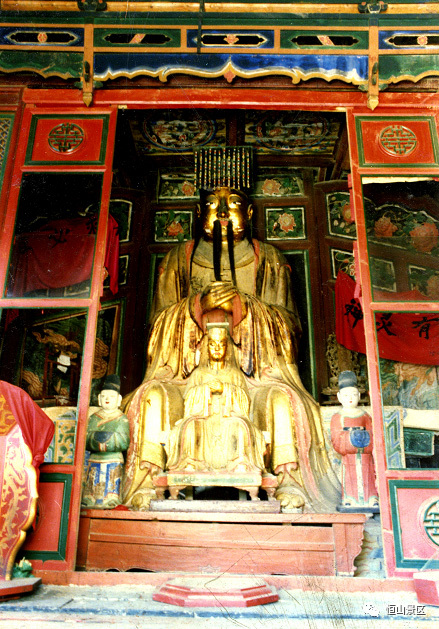
Nüwa is also a major deity worshipped by Taiwanese devotees at Hengshan Mountain. The Nüwa Temple at Hengshan Mountain is the ancestral temple of Nüwa temples nationwide, attracting a constant stream of visitors from home and abroad every year. Nüwa, also known as the Nine Heavens Profound Woman, is commonly called the Nüwa Mother. Originally an ancient Chinese goddess, she was the teacher of the Yellow Emperor and a disciple of the Holy Mother Yuanjun. The Holy Mother Yuanjun is Laozi's mother, the highest-ranking female deity in Taoism. Nüwa is said to be highly skilled in martial arts, proficient in magic, and able to predict the future. Sometimes she holds a "heavenly book," appearing as a messenger conveying the will of the Holy Mother Yuanjun to the world, often accompanied by a "white ape." Chapter 42 of "Water Margin" describes Nüwa's appearance: her hair is styled in a nine-dragon phoenix bun, she wears a golden female crimson silk robe, a blue jade belt trails her long skirt, and she holds a white jade scepter in her colorful sleeves. Her face is like a lotus, her natural eyebrows and eyes reflect the clouds; her lips are like cherries, her figure is graceful and snowy. She is like the Queen Mother at the Peach Banquet, yet like Chang'e residing in the Moon Palace. Her noble demeanor cannot be described, her majestic image cannot be painted. The Han Dynasty's book "Longyu Hetu" records: Heaven sent Nüwa down to bestow upon the Yellow Emperor military secrets and divine talismans to subdue Chi You. This states that Nüwa was the Yellow Emperor's teacher, holding an extremely high status. Nüwa is both a war goddess who can turn the tide of battle and a very spiritual goddess who grants children. The Nüwa Temple on Hengshan Mountain has always been filled with incense and devotees, which is said to be largely related to the legendary stories of Nüwa's "spiritual efficacy" and "fulfillment" in granting children. The "Xuan" in Nüwa's name means black, and Zhuanxu is the Black Emperor. These two deities, both with deep roots in the origins of the Huaxia people and the Yellow Emperor, chose the Northern Mountain as their abode, receiving generations of worship from the people, protecting the stability of the country and the well-being of the people. The extraordinary status of Hengshan Mountain is indeed puzzling. The reason why Taiwanese and other overseas devotees worship Hengshan Mountain so much is naturally clear. (Author: Yang Xinru)
Keywords:
Hengshan
Related News


